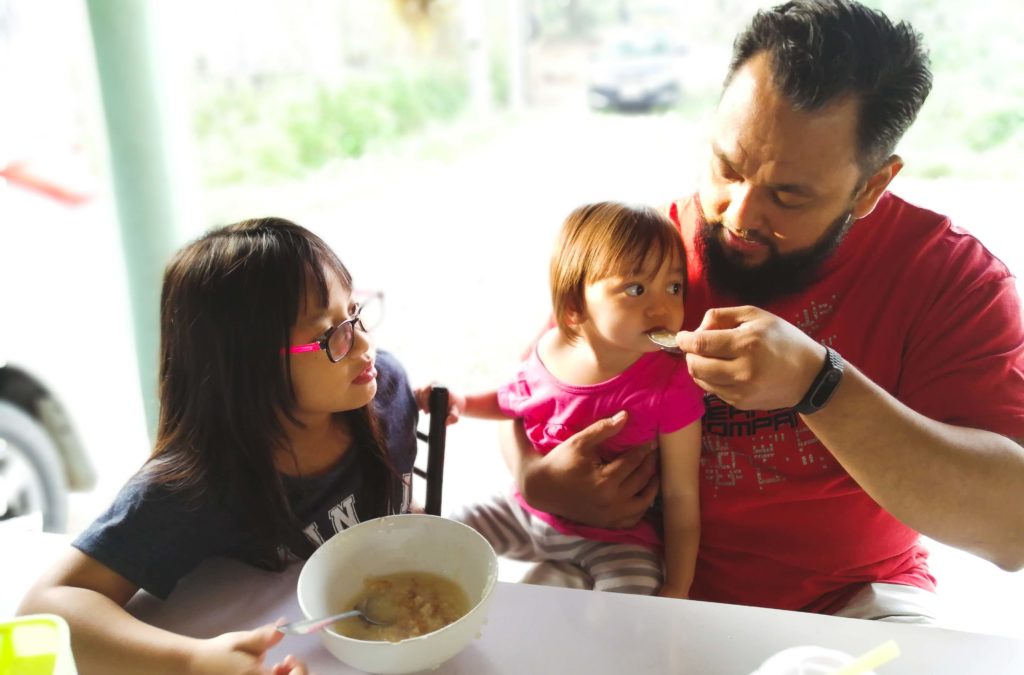What We Work For
We believe that our nation’s child welfare system must offer quality help to families that allows them to stay together, heal, and thrive.
Unfortunately, despite good intentions, that’s not always happening.
Too many children and youth enter foster care unnecessarily, experience poor outcomes while in care, and exit without permanent family connections. Children and families involved with child welfare systems experience disparate treatment and outcomes. This is especially true for children of color; children and youth identifying as LGBTQ+ or gender expansive; and expectant and parenting young people.
Ultimately, we hope to foster sufficient supports in every community to prevent the need for children and families to enter into the child welfare system. Until that time, we are working towards a nation where all children and youth in foster care are supported to heal and exit care to their families or other permanent families. We work to ensure that child welfare systems—including juvenile justice and homeless agencies—are data-informed; adopt best practices and use research to shape their services; confront inequities and offer an array of culturally relevant and effective services; and are equipped to meet the complex needs of families in humane ways.
That’s why we work to transform the system—so it truly serves the needs of everyone.
How We Do It
We work in partnership with public agencies, private providers, elected officials, parents, judges, advocates, and a broad range of community supporters to develop, test, and promote approaches that help improve child welfare policy and practice—all aimed at child and youth safety, permanency, and well-being.
We provide leadership at the national, state, and community level—acting as advocates and advisors to improve agency effectiveness and accountability.
As court-appointed monitors, we provide external accountability and technical help by tracking a system’s performance against standards of practice and outcomes and we support the efforts of systems to meet the requirements of state and federal law.
We help child welfare agencies and their partners redirect resources to make help available within communities so that families can get assistance where they live, stay safely together, and avoid unnecessary separation through foster care.
We have focused many of our efforts on those families and youth who most often experience the poorest outcomes from child welfare intervention: children, youth, and families of color; older youth; expectant and parenting teens; and LGBTQ children and youth in particular.
In these ways, we work to ensure all children and youth develop to their full potential and can heal and succeed.
